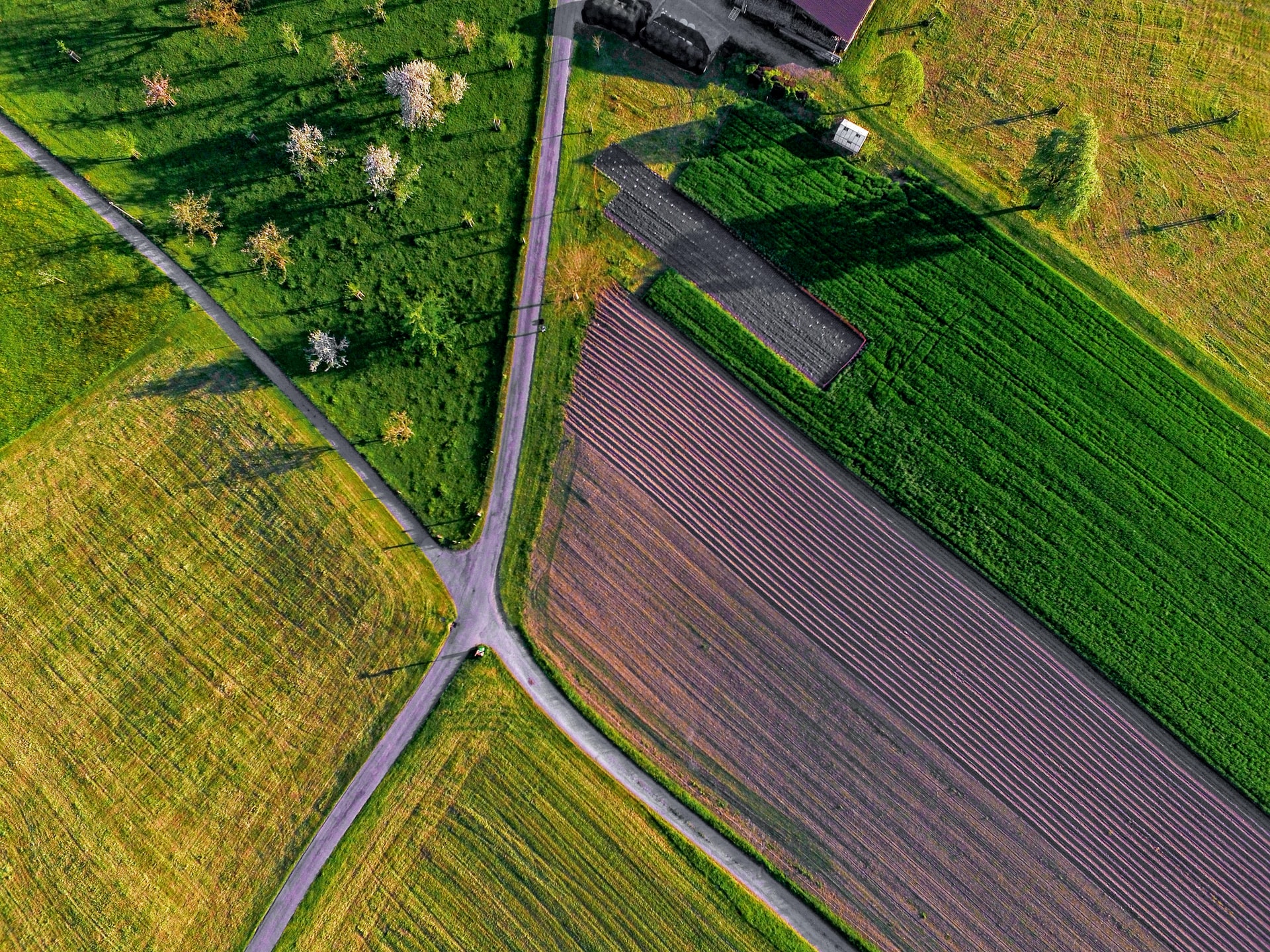In four steps to organic farming

In four steps to organic farming
Want to change direction?
Sales of organically produced food in Germany are growing annually at a faster rate than the area of production is growing – meaning that the demand for organically produced food is far higher than the supply. Anyone who wants to switch from conventional to organic farming today will find good general conditions.
Step one: Planning and gathering information
In the beginning there is research. Who will buy the products? Should the switch be complete or partial? Is the farm or plant even suitable for organic operation? All this must be settled in advance. Extensive information on this can be found freely accessible on the Internet. In addition, many government agencies and growers’ associations offer free advice and seminars.
A visit to an organic farm with a personal exchange of experiences is also advisable.
Step two: Contract with an independent organic inspection body
As soon as the timetable for the new direction is in place, you are ready to go. First, the company signs a contract with an organic inspection body. This body checks annually whether the company complies with the requirements of the applicable organic regulations. If the company is a member of an organic association, the authority also checks their additional rules.
Step three: No mon, no fun.
Once contracts have been concluded, financial assistance can be sought. In Germany for example, there are various federal agricultural and environmental programs that provide monetary support for a reorientation towards organic farming. Note: The application for payment must be renewed annually. Financial help and support programs for organic farming also exist in many other EU member states.
Step four: The conversion
The changeover period lasts between two and four years, depending on the type of products. After a certain period, the farm may use the trademark for conversion holdings. Once conversion is complete, the products are labelled as EU organic.
Membership in a producer association
For the distribution of organic food and the receipt of subsidies, membership in an association is not required. However, it has advantages for the producer:
The association promotes the interests of its members to the outside world. Network synergies open up access to information and marketing channels. Trade partners often pay a surcharge for organic products bearing the association’s logo. Some traders only accept produce from organic associations.
In return, the farm undertakes to comply with ecological standards that are higher than the minimum standards required by the EU.
Reliable yields despite reduced fertilization – humic acids replace mineral fertilizers
To run an organic production also means to do without mineral fertilizers. Humic substance-based soil conditioners are an ideal alternative. They stimulate the soil-plant system and improve the nutrient exchange between soil and crop. Humic acids, which are the biological center of humic substances, bind plant nutrients and keep them available for the plants near the roots. In addition, they improve the crumb structure: They are building stable clay-humus-complexes, which increases the water holding capacity of the soil. Soil and plants are thus more resistant to drought stress.
Learn more about the science and application of humic acids.


Comments
No Comments